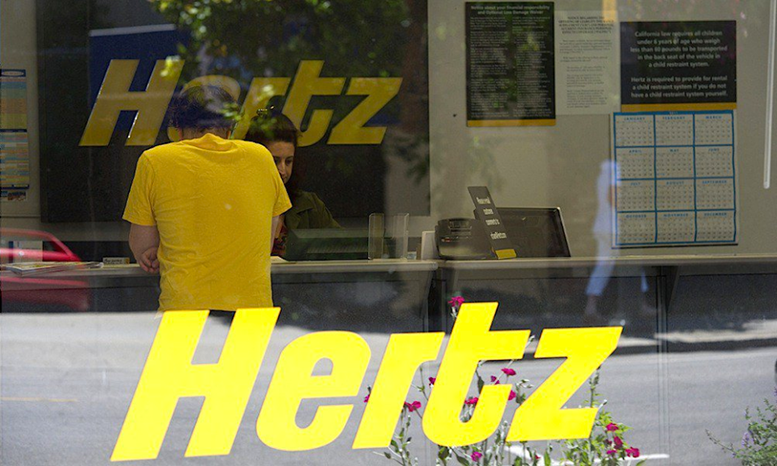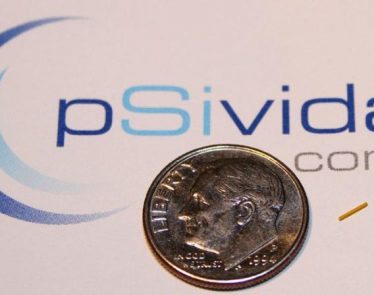
Hertz Global Holdings (NYSE:HTZ) management fail to impress investors over the years. The company’s share price has been under pressure due to unstable financial numbers and bleak earnings outlook for this year. HTZ shares lost 80% of their value in the last three years, and its stock is down almost 8% in the previous three months.
Hertz Global Holdings operates an automotive vehicle rental service through the Dollar, Hertz, Firefly, and Thrifty brands. The company has been working on following strategies to boost its revenue and earnings potential:
- Capitalizing more profitable demand and fulfilling customer fleet preference
- Creating brand strategies to protect new and more frequent renters with differentiated value propositions,
- Ensuring a significant competitive advantage through systems innovation, speed, and data flexibility.
Hertz Global posted revenue growth of 4% in the fourth quarter of FY 2017. The company expects to generate mid-single revenue growth this year. Although the company posted better than expected revenue in the latest quarter, its earnings potential remain under pressure.
It isn’t in a position to turn strong revenue growth into positive earnings despite strong operational strategies. The company posted the net loss of $177 million in Q4, and its CEO believes they need to work more operational strategies to strengthen their earnings profile.
“A more competitive earnings profile,” isn’t expected until 2019, says CEO Kathryn Marinello in the earnings press release. “Opaque promises of a better tomorrow aren’t likely going to be comforting,” says Bloomberg’s Joel Levington.
The company posted fiscal 2017 adjusted net loss of $1.59 per share, relative to net income of $0.49 per share in 2016.
Analysts Expect Limited Upside Despite Lower Valuations
Its stock price currently trades around $21 per share and analysts see limited upside. The median price target from Wall Street analysts is around $23. Its valuations, however, are standing well below the industry average. Hertz Global stock trades around 5.35 times to earnings and 1.17 times to book value when the industry average hovers around 27 times to earnings and 2.13 times to book ratio.
Featured Image: Twitter










